Issues when building a property in Bulgaria
- on 05.03.10
- Bulgarian properties articles
- 2 Comments
BuildingΒ Swimming Pool in your Bulgarian property
Swimming pools are popular in Bulgaria, providing relief from the long, hot summers and increasing the desirability of your Bulgarian property for letting. Before you decide to invest in one, however, it might be worth checking out if there is one nearby that you can use instead. Many restaurant complexes in Bulgaria have a pool and the admission price is often very low (and in some instances free).
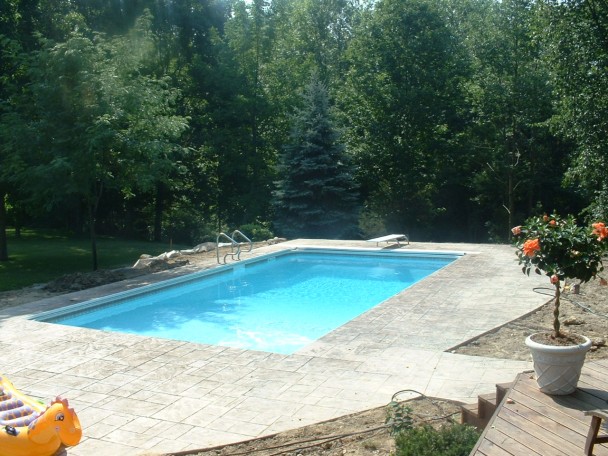
You do not need planning permission to build a swimming pool in Bulgaria if it is less than 100 cubic metres in volume. This is a fair-sized swimming pool and should be adequate for most domestic requirements. You will still have to ensure that the pool is not built within three metres of your neighbour’s boundary. You should also check that you have sufficient water and electrical supplies to operate the pool effectively. You are probably better off building close to the house in Bulgaria so the pool forms a continuous part of the property and allows you to keep an eye on any children using it. Other issues that might influence your choice of location include whether the pool would be overlooked by neighbours, whether there are any trees nearby that might shed leaves into the pool, the possibility of ensuring shade at some point in the day as the sun crosses the sky, and exposure to wind.
There are two principal options for building swimming pools in Bulgaria. The most expensive is concrete, which can take up to three months to construct but offers more choices in terms of design and layout. Concrete will allow any shape of pool that you wish. The concrete structure is typically finished with tiles. Concrete pools should last up to 50 years and the structure requires less maintenance than other pools.Β A 50-cubic-metre pool measuring 8m by 4m by 1.5m deep, including all the labour, excavation, materials and surrounding paving stones, would cost on average 35,500 leva (Β£16,200). If you want a heated pool, the price may be 20 per cent higher than that.
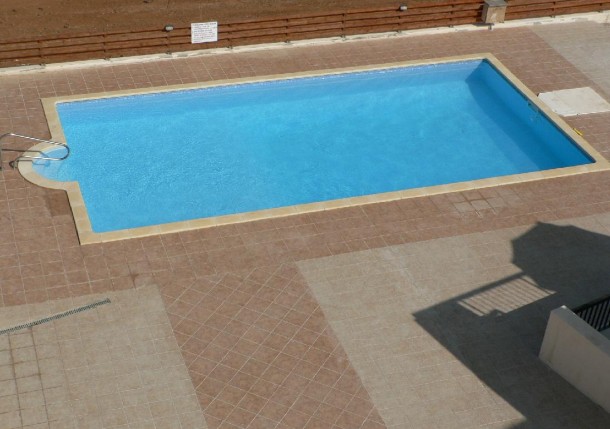
Alternatively,you can have a prefabricated fibreglass structure or a vinyl liner-based pool. These will cost half the price of a concrete pool and can be installed much faster. They are less durable, however, requiring more frequent repair.
You should probably avoid using the general builder who might be doing works on your house, and should approach a specialist company instead.
One of the biggest hassles in owning a pool in Bulgaria is the regular cleaning and testing of the chemical levels. If you are resident at your property then you should be able to do this yourself, but if you are away – even for a couple of days then you ill need to find someone else to take care of it. You could ask a friend or neighbour but you are strongly advised to use the services of a professional pool maintenance company. If the chemical levels are not kept carefully controlled the pool can stagnate very quickly, which may mean emptying and refilling it. Your best bet for maintaining the pool is to use the same company that installed it, so make sure at the start that they offer these services and how much they charge. Maintenance by a company will cost 145-290 leva (Β£70-140) per month, excluding materials. This should involve two visits a week to clean the pool and add chemicals. You will also need to close the pool down over the winter and reopen it in the spring, each costing about 115 leva (Β£50).
Building Septic Tanks for old properties in Bulgaria
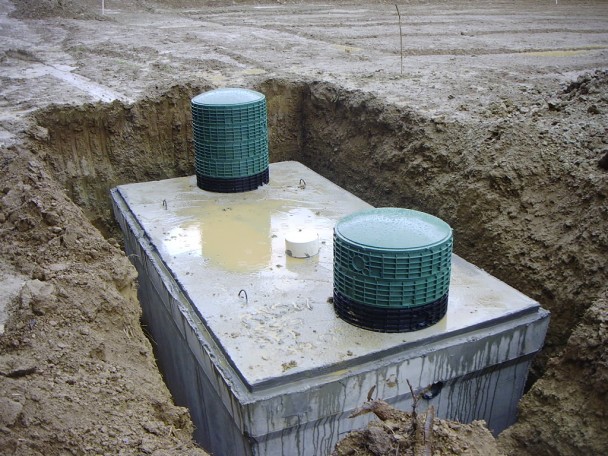
It is not common for rural properties in Bulgaria to be connected to a central sewage system so most houses in Bulgaria currently rely on a cesspit or soak-away – very few actually have a septic tank. You should consider having one installed in order to get rid of your waste water and sewage and eliminate the smell that can result from using a cesspit or soak-away.
A septic tank imported from western Europe will cost at least 8,650 leva (Β£3,930). Locally produced tanks are half the price, but the general consensus is that it is best to opt for a western European tank. By law you must ensure that it lies three metres away from any boundaries and at least three metres away from any buildings. These parameters can make it quite difficult to find an appropriate place to install a tank.
If you use a septic tank, take care to read the instructions for use carefully, because there are often restrictions on what can pass through it, such as detergents and sanitary towels.
Installing Heating Systems in your Bulgarian home
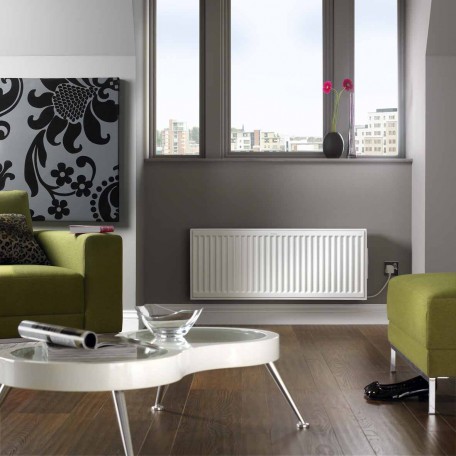
Bulgarian weather is quite extreme. Summer temperatures can reach as high as 4oΒ°C while winter cold snaps can be as low as -20Β°C. This means that any heating or cooling system you have must be able to cater for these extremes. Most modern buildings in Bulgaria are fairly well insulated, but the situation with older Bulgarian properties is not so good. Many of them have only a single layer of brick and plaster; the use of cavity walls is unheard of. What most people now use as insulation are flat panels of polystyrene that are usually attached to the outside of buildings before final plastering. This is not so common elsewhere in Europe but is quite cheap and effective nonetheless. So before deciding on your heating system, give some thought to having your Bulgarian property well insulated, especially if it is old. The initial outlay will soon be recouped through cheaper heating bills.
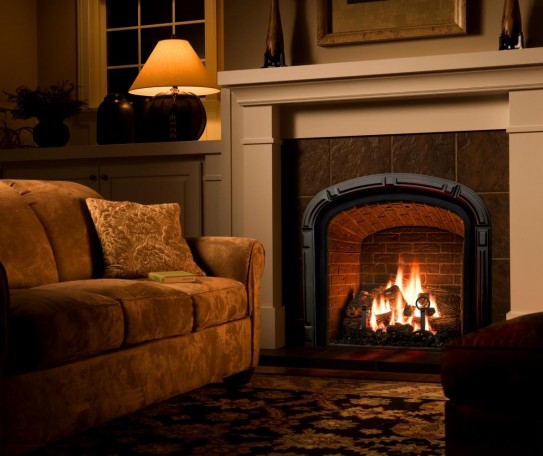
When finally deciding on which heating system to use, there are a number of issues to take into account, the most important being initial costs, running costs and ease of use. The cheapest system to run (but costing more to install) is a wood-burning boiler, but the burner must be well stocked with fuel at least twice a day. The most practical system is one that runs on electricity, but this can be expensive to run. You should allow at leastΒ 14,000 leva (Β£6,400) for a medium-quality heating system for an average three-bedroom house in Bulgaria.
If you are not going to use your Bulgarian property during winter, then simple wall-mounted electric radiators might be the best solution. They are relatively cheap to buy and easy to install.
Seriously consider installing air-conditioning for the summer months. Most systems give you the option of heating the air in the winter as well as providing cooled air during summer. Air-conditioning is the most expensive system to install and run, however.
2 Responses to “Issues when building a property in Bulgaria”
Leave a Reply
You must be logged in to post a comment.
Those are very nice interior designs. I am sure that many will love Bulgarian properties.
What a well crafted blog post you’ve got here. You actually were able to genuinely high light the key aspects that ultimately matter. I really enjoy reading your website, the quality of the data is superb plus your way with words genuinely makes it simple to absorb and fully understand. Love it! Keep up the great work.